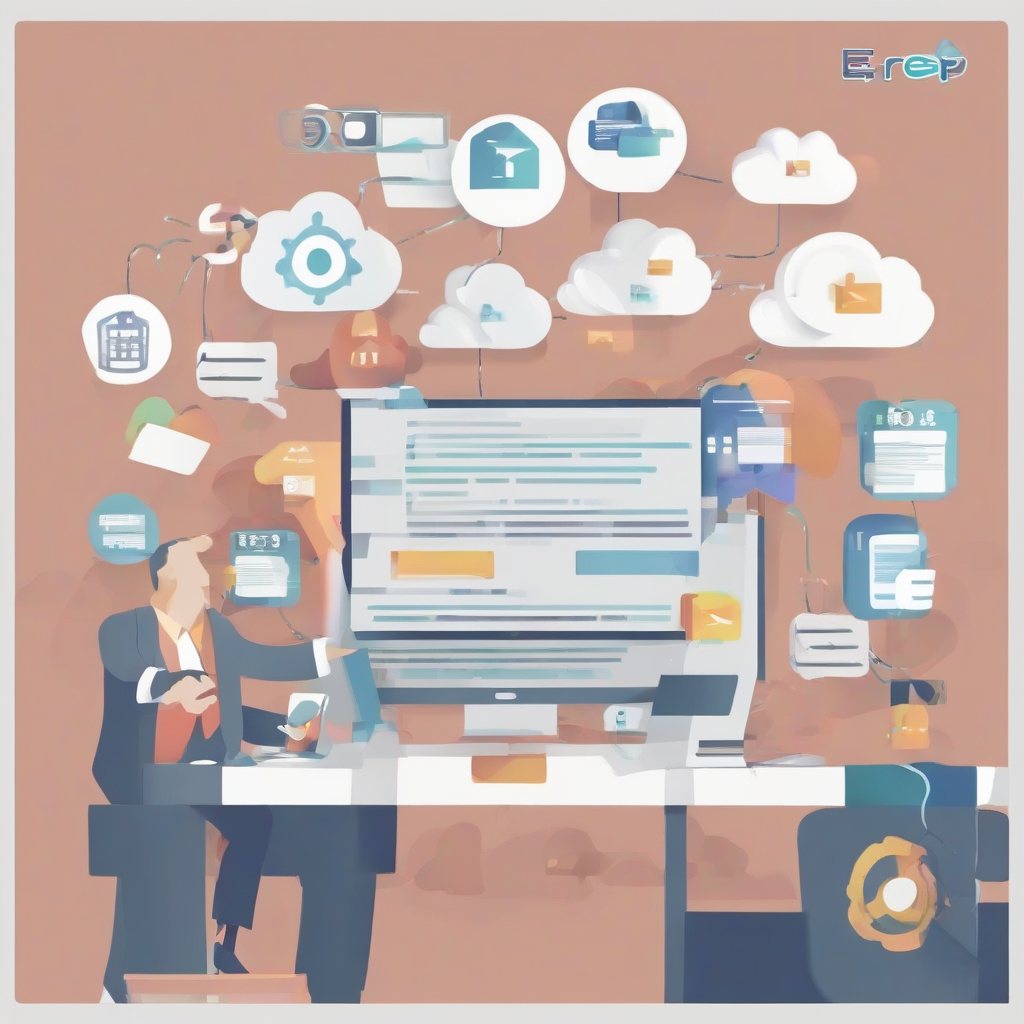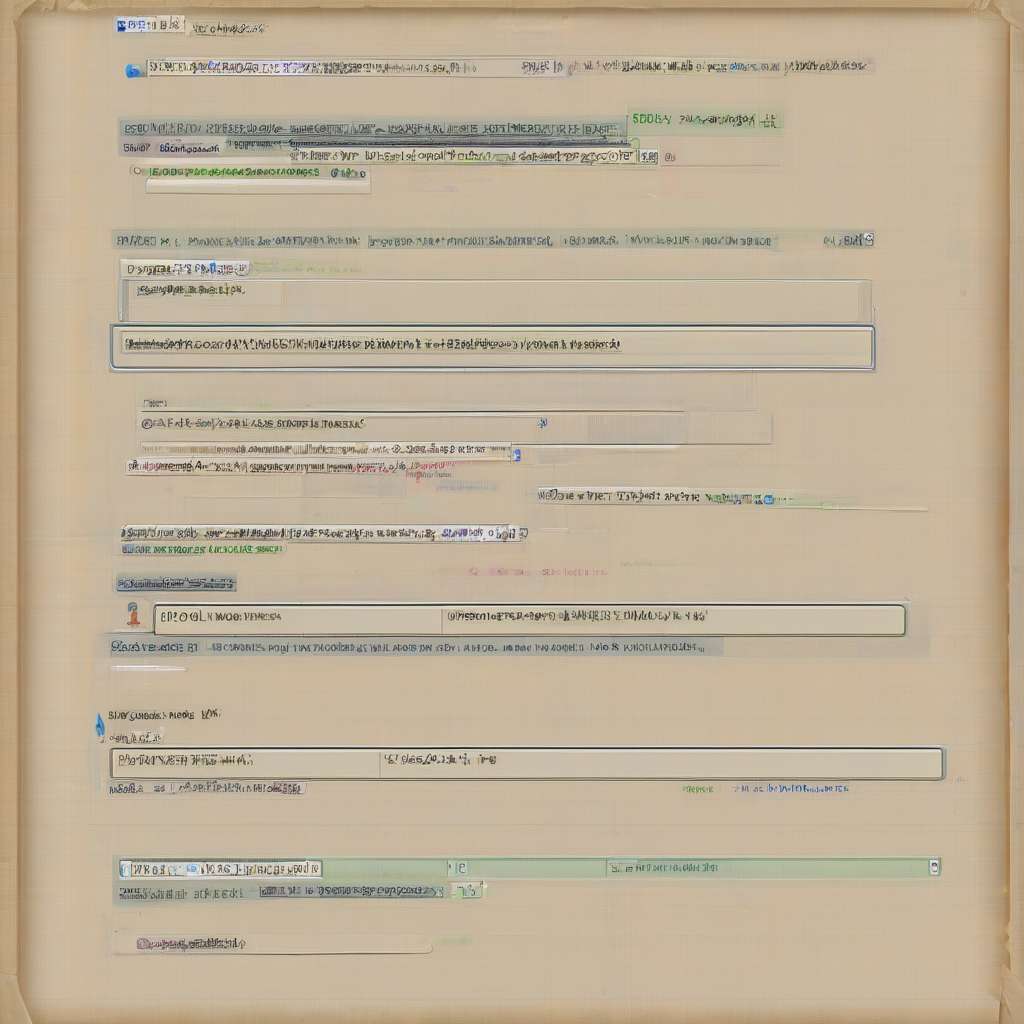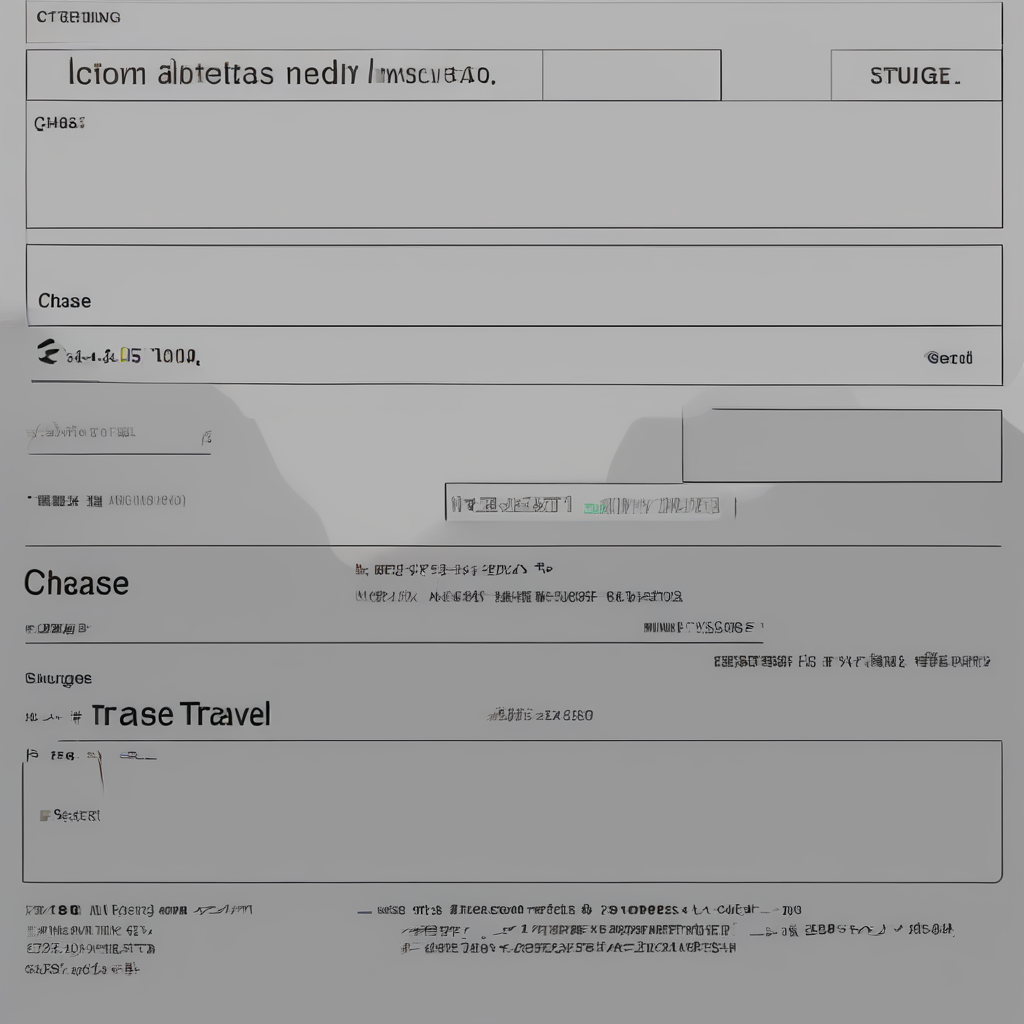ERP in the Cloud: A Comprehensive Guide for Modern Businesses

ERP in the Cloud: A Comprehensive Guide for Modern Businesses
In today's rapidly evolving business landscape, organizations are constantly seeking ways to enhance efficiency, streamline operations, and gain a competitive edge. Enterprise Resource Planning (ERP) systems have emerged as a critical tool for businesses of all sizes, enabling them to manage their core processes effectively. However, traditional on-premise ERP solutions have often faced limitations in terms of cost, scalability, and flexibility. To address these challenges, cloud-based ERP solutions have gained immense popularity in recent years.
What is ERP in the Cloud?
Cloud-based ERP, also known as cloud ERP, refers to the delivery of ERP software and services over the internet, rather than being installed and managed on-premise. This means that instead of physically hosting the ERP application on your company's servers, you access it through a web browser or mobile app. The cloud provider manages all aspects of the infrastructure, including hardware, software, security, and maintenance.
Key Benefits of Cloud ERP
Cloud ERP offers a multitude of advantages over traditional on-premise ERP solutions, making it an attractive option for businesses across various industries. Here are some key benefits:
- Cost Savings: Cloud ERP eliminates the need for significant upfront investments in hardware, software, and IT infrastructure. Instead, you pay a recurring subscription fee, which can be significantly lower than the total cost of ownership for on-premise systems.
- Scalability and Flexibility: Cloud ERP systems are highly scalable, allowing businesses to adjust their resources as needed. You can easily add users, modules, or storage space without any major hardware or software upgrades.
- Accessibility and Mobility: Accessing your ERP system from anywhere with an internet connection allows for greater flexibility and mobility. Employees can work remotely, access critical information, and collaborate seamlessly, regardless of their location.
- Reduced IT Burden: Cloud providers handle all the technical aspects of the ERP system, freeing up your IT team to focus on strategic initiatives. You don't have to worry about software updates, security patches, or hardware maintenance.
- Faster Implementation and Deployment: Cloud ERP solutions are generally faster to implement and deploy than on-premise systems. The cloud provider handles the setup and configuration, reducing the time and resources required.
- Enhanced Security: Cloud providers invest heavily in robust security measures, ensuring that your data is protected from unauthorized access and cyber threats. Their expertise in security can often exceed that of many individual organizations.
- Regular Updates and Upgrades: Cloud ERP providers automatically update and upgrade their software, ensuring that you always have access to the latest features and functionalities. This eliminates the need for manual updates and reduces the risk of compatibility issues.
- Collaboration and Integration: Cloud ERP systems often integrate seamlessly with other cloud-based applications and services, enabling you to improve collaboration and streamline workflows.
Types of Cloud ERP Solutions
Cloud ERP solutions come in various forms, each with its own characteristics and benefits:
- Software as a Service (SaaS): SaaS ERP solutions are hosted and managed entirely by the cloud provider. Users access the software through a web browser or mobile app, without needing to install anything on their devices. This is the most common type of cloud ERP and offers the highest level of flexibility and scalability.
- Platform as a Service (PaaS): PaaS ERP solutions provide a platform for developing and deploying ERP applications. This gives businesses more control over customization and development, but it requires more technical expertise. PaaS solutions are often used by businesses with complex or specialized ERP needs.
- Infrastructure as a Service (IaaS): IaaS ERP solutions provide the underlying infrastructure, such as servers, storage, and networking, for hosting ERP applications. Businesses have greater control over their infrastructure but are responsible for managing the software and operating system.
Choosing the Right Cloud ERP Solution
Selecting the right cloud ERP solution for your business is a critical decision. Here are some key factors to consider:
- Business Needs and Requirements: Define your specific business needs and identify the functionalities that are essential for your operations. This will help you narrow down your options and choose a solution that meets your requirements.
- Industry and Size: Consider the industry you operate in and the size of your business. Different ERP solutions cater to specific industries and business sizes, so choose one that is appropriate for your needs.
- Budget: Evaluate the cost of different cloud ERP solutions, taking into account subscription fees, implementation costs, and ongoing support. Consider your budget constraints and choose a solution that provides the best value for your money.
- Integration Capabilities: Ensure that the cloud ERP solution you choose can integrate seamlessly with your existing systems and applications. This will help you avoid data silos and improve efficiency.
- Vendor Reputation and Support: Research the reputation of different cloud ERP providers, including their customer support, reliability, and track record. Choose a vendor with a proven history of success and a strong commitment to customer satisfaction.
Implementing Cloud ERP
Implementing a cloud ERP solution involves several key steps:
- Planning and Requirements Gathering: Begin by clearly defining your business requirements and objectives for the ERP implementation. This includes identifying your business processes, data needs, and desired functionalities.
- Vendor Selection and Evaluation: Conduct a thorough evaluation of potential cloud ERP vendors, considering their experience, expertise, industry-specific solutions, and customer support.
- Data Migration: Transferring your existing data to the cloud ERP system is a critical step. Plan the data migration carefully, ensuring data integrity and accuracy.
- User Training and Adoption: Provide comprehensive training to your employees on how to use the new ERP system effectively. Encourage user adoption and ensure that employees feel comfortable with the new platform.
- Testing and Deployment: Before launching the new ERP system, thoroughly test it to ensure that it functions as expected. This includes testing data integrity, workflows, and integration with other systems.
- Go-Live and Ongoing Support: Once the ERP system is deployed, monitor its performance and provide ongoing support to users. This includes resolving any issues, addressing user queries, and ensuring that the system remains effective.
Challenges of Cloud ERP
While cloud ERP offers numerous benefits, there are also some potential challenges to consider:
- Security Concerns: Data security is paramount, especially when storing sensitive information in the cloud. Choose a cloud provider with a robust security framework and a strong commitment to data privacy.
- Internet Connectivity: Cloud ERP relies on a reliable internet connection. If there are any network outages or connectivity issues, it can disrupt operations and access to the ERP system.
- Customization Limitations: Some cloud ERP solutions may have limited customization options, making it difficult to tailor the system to specific business needs. It's important to carefully evaluate the level of customization available before selecting a solution.
- Vendor Lock-In: Depending on the chosen cloud ERP provider, you may face vendor lock-in, making it difficult to switch providers later on. Consider this factor when choosing a vendor.
- Integration Challenges: While cloud ERP systems often offer integration capabilities, integrating them with legacy systems or on-premise applications can pose challenges. Choose a solution with strong integration capabilities and seek expert help if necessary.
Future of Cloud ERP
The future of cloud ERP is bright, with continued advancements in technology and increased adoption by businesses of all sizes. Here are some key trends to watch:
- Artificial Intelligence (AI) and Machine Learning (ML): AI and ML will play a growing role in cloud ERP, automating tasks, providing insights, and improving decision-making.
- Internet of Things (IoT): Cloud ERP will become increasingly integrated with IoT devices, enabling businesses to collect and analyze data from connected sensors and devices, improving operational efficiency and supply chain management.
- Blockchain Technology: Blockchain will enhance data security and transparency, enabling businesses to track transactions and manage their supply chains more effectively.
- Mobile-First Approach: Cloud ERP solutions will continue to embrace a mobile-first approach, providing users with access to critical information and functionalities through mobile devices.
- Industry-Specific Solutions: Cloud ERP vendors will continue to develop industry-specific solutions tailored to the unique needs of different sectors, such as manufacturing, healthcare, and retail.
Conclusion
Cloud ERP is revolutionizing how businesses manage their operations, offering a range of benefits that can significantly improve efficiency, scalability, and cost-effectiveness. By carefully evaluating your business needs and selecting the right cloud ERP solution, you can unlock the power of this transformative technology and drive your business towards success.
What's Your Reaction?

















